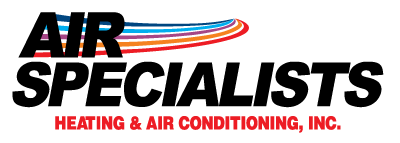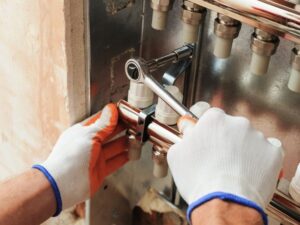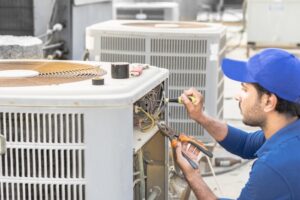When it comes to heating your Hannibal, MO, home safely and effectively, a furnace heat exchanger is a critical piece of equipment. If the component malfunctions, it can pose serious fire and health hazards for you and your family. A faulty exchanger also compromises the efficiency of your furnace, which means you’ll pay more than you need to on heating bills. Learn why checking the heat exchanger is such an important part of regular furnace maintenance.
The Role of the Heat Exchanger
The majority of furnaces work by burning materials like oil or gas inside a sealed combustion chamber. The heat exchanger absorbs the generated hot air, and a blower sends it into a ductwork system for household distribution. During the combustion process, waste gases containing toxic pollutants get vented outdoors. Problems with heat exchangers can impair efficiency and lead to serious health and safety consequences.
- A cracked heat exchanger creates a fire hazard by causing the burner to operate improperly.
- Corroded heat exchangers can leak dangerous gases like carbon monoxide into the air your family breathes.
- Malfunctions increase operating costs by forcing your furnace to work harder to keep you comfortably warm.
Secondary Heat Exchangers
Condensing furnaces have secondary heat exchangers that capture heat from exhaust gases. They increase efficiency by condensing the gases to release additional heat. While they’re constructed with durable materials to protect them from the acidic condensate, it’s important to check them regularly for corrosion. Proactive maintenance safeguards your wallet and helps ensure you gain the full benefits from these high-efficiency systems.
From furnace repair to preventive maintenance, trust Air Specialists Heating & Air Conditioning to keep your system operating safely and efficiently. For more information, explore our full range of heating services or give us a call today at 217-280-4125.



